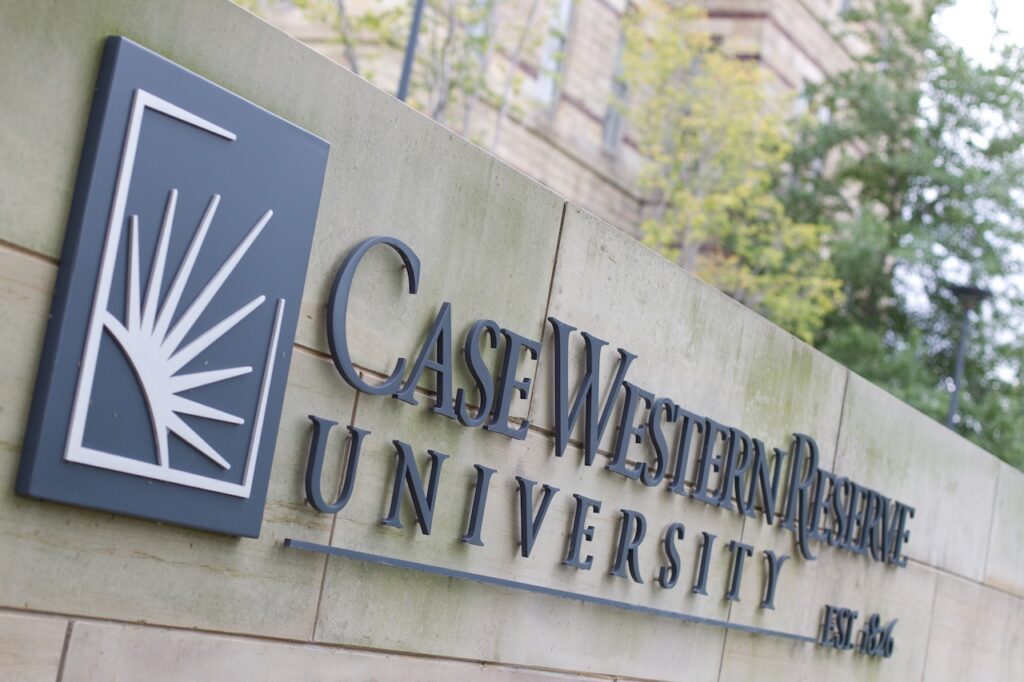Donald Trump’s revocation of visas for nearly 50 international students across 12 Ohio colleges and universities is his biggest step yet toward ending U.S. democracy, amassing power and building his authoritarian government.
That’s the take on Wednesday’s episode of Today in Ohio, the news discussion and analysis podcast hosted by cleveland.com and The Plain Dealer. Host Chris Quinn and the panelists spent significant time in the episode talking about why people should be paying attention, and standing up against such dictatorial moves.
“Look, I know if you’re listening to this podcast, you are hearing and seeing a nonstop series of decisions coming out of Washington. And they can all blend together. But this is different,” Quinn warned listeners during the episode.
“If you’ve ever been to the Holocaust Museum in Washington, D.C. and you watch the timeline of how that government came to power, this is a step. You make people that are legal residents somehow subhuman. You start treating them as lesser and abusing them. Every one of these people is in America legally. They applied for visas. They were approved after whatever goes into the checks. They uprooted their lives to get the kind of education we provide in this country. And now their lives are chaos without explanation.”
According to information shared on the podcast, the scope of the problem appears significant. Lisa Garvin, citing tracking by the publication Inside Higher Ed, noted that “at least 49 Ohio international students at 12 colleges and universities have had their student visas revoked.” Nationally, the number may be as high as 1,200 students across 180 U.S. institutions.
Youngstown State University was hit hardest with 14 students affected, followed by Ohio State University with 12 and Case Western Reserve University with four. Several other institutions across the state reported smaller numbers.
What troubles Quinn and the panel most is the complete lack of transparency and due process. Universities weren’t notified in advance of the revocations. Case Western Reserve University President Eric Kaler stated it’s now illegal for affected students to either study or work in the U.S. Universities must regularly check a database called the Student and Exchange Visitor Information System (SEVIS) to discover whose visas have been revoked.
The podcast conversation highlighted the apparent targeting pattern, with Garvin noting that “the focus appears to be on students that are from the Middle East, Asia, North Africa and those of the Islamic religion.” However, the exact criteria remain unclear as the government hasn’t provided names, nationalities, or specific justifications for these actions.
While administration officials have broadly claimed to be targeting students for “anti-Semitic actions,” no details or evidence have been provided to support these allegations. Laura Johnston, another podcast panelist, expressed her concern: “We don’t have any details at all of what they’re being accused of.”
Quinn emphasized that regardless of allegations, due process remains essential: “You can generalize and say, well, we’re going after people that made anti-Semitic statements, but everybody deserves due process.”
Reporters for cleveland.com and The Plain Dealer are investigating, to keep a spotlight on what Trump aims to keep in the shadows.
“This is that whole Donald Trump, ‘us versus them’ mentality. And he’s creating more and more thems for his base. And unfortunately, that base watches Fox News, gets lied to about this kind of thing and believes in it… People have to stand up. The more people stay in the shadows act out of fear, the more easy it is for this march to the end of democracy. Just like we’ve seen in Germany and other countries, this is the time for people to scream and say, no, we want the names. We want to know what they’re accused of. We want them to have a day in court. ”
It’s a conversation you won’t find anywhere else. You can listen to it here.
Note: Artificial intelligence was used to help generate this story from Today in Ohio, a news podcast discussion by cleveland.com editors. Visitors to cleveland.com have asked for more text stories based on website podcast discussions.
Listen to full “Today in Ohio” episodes where Chris Quinn hosts our daily half-hour news podcast, with impact editor Leila Atassi and content director Laura Johnston.

